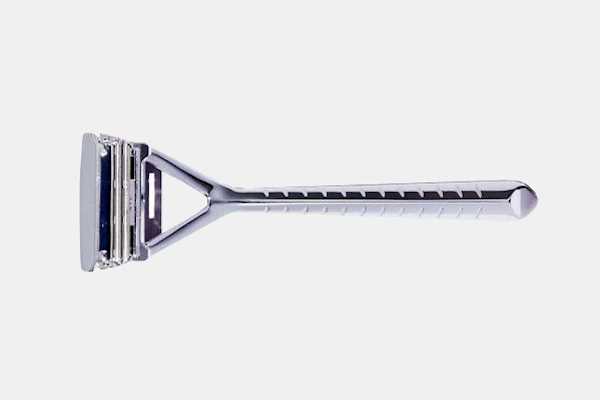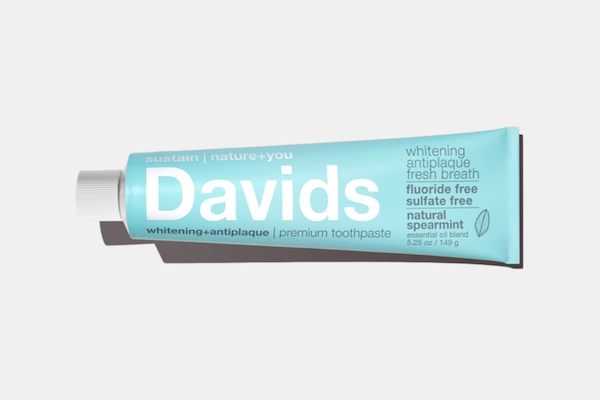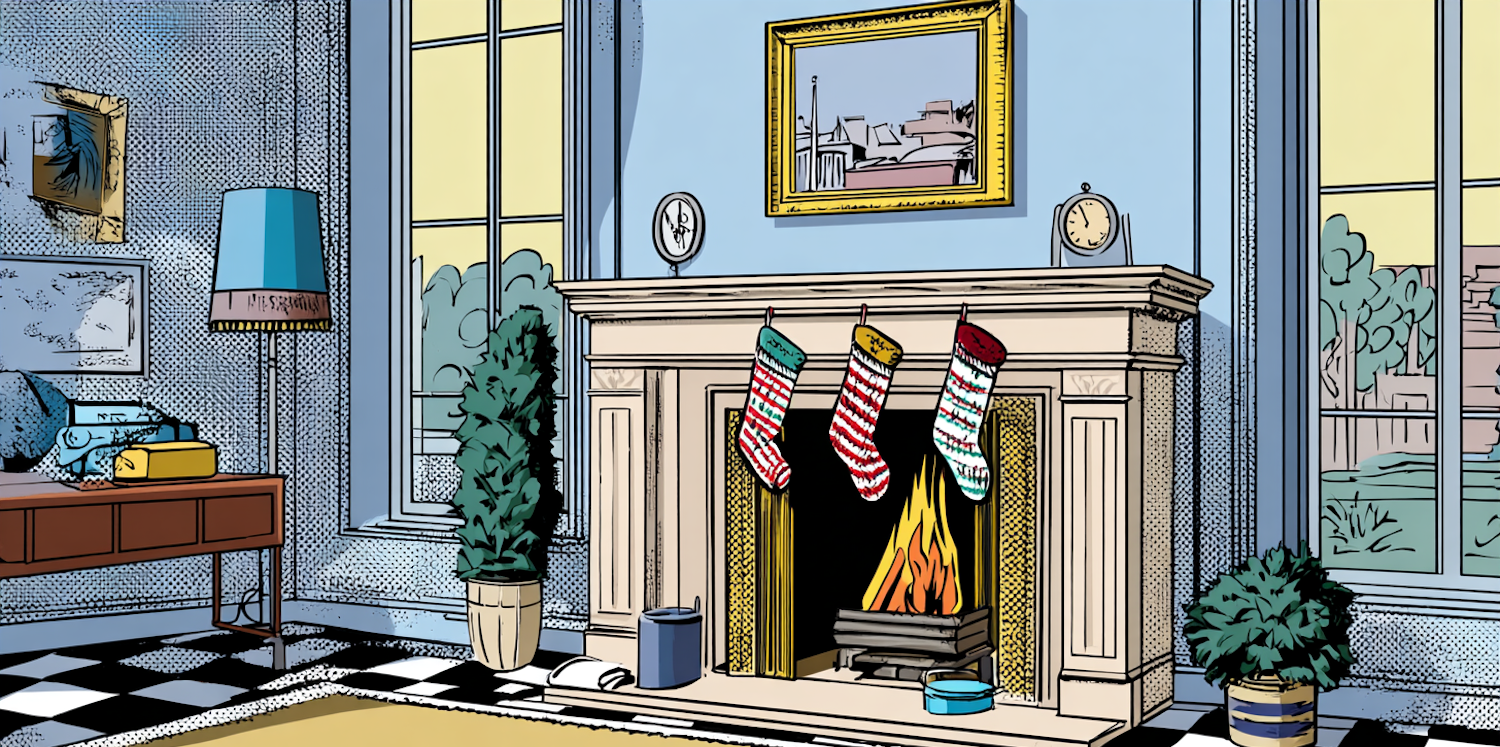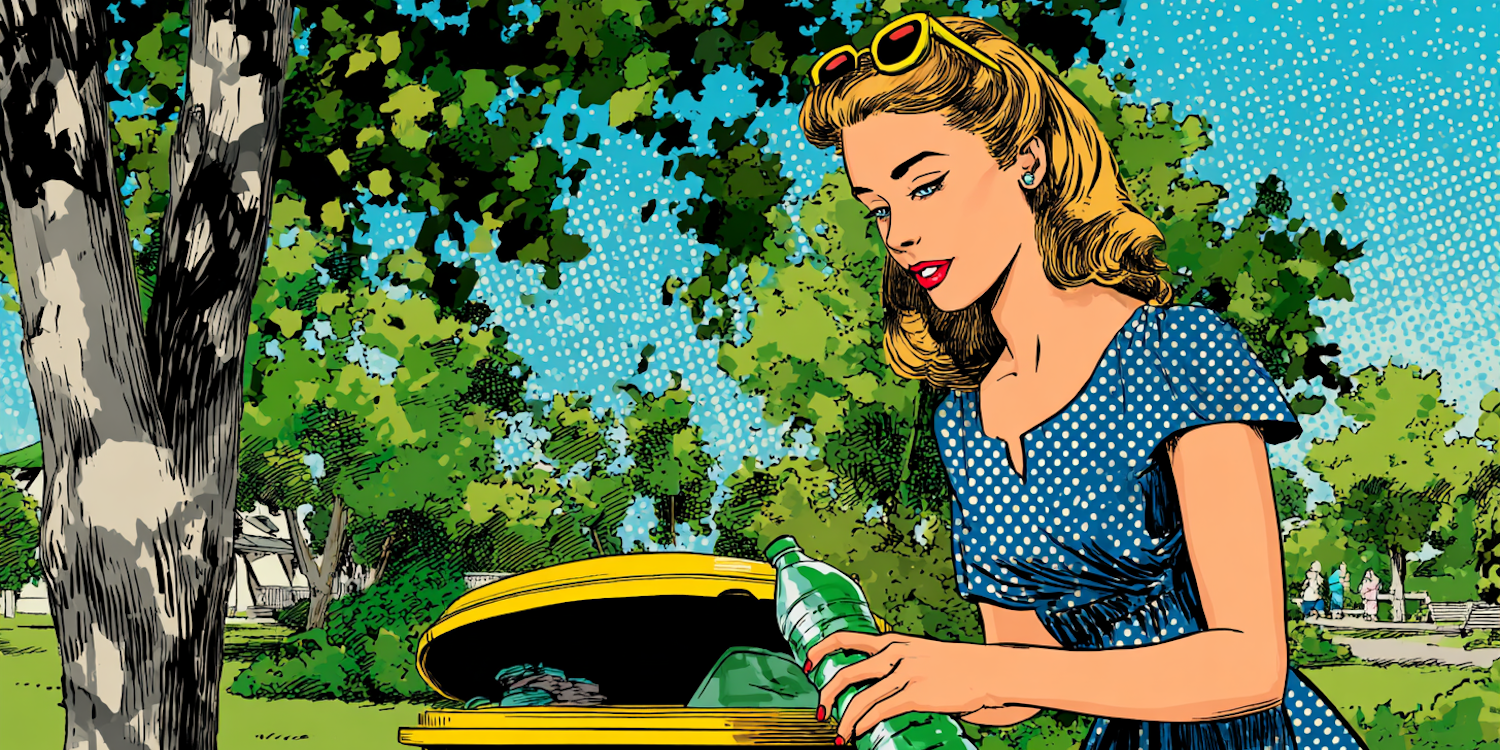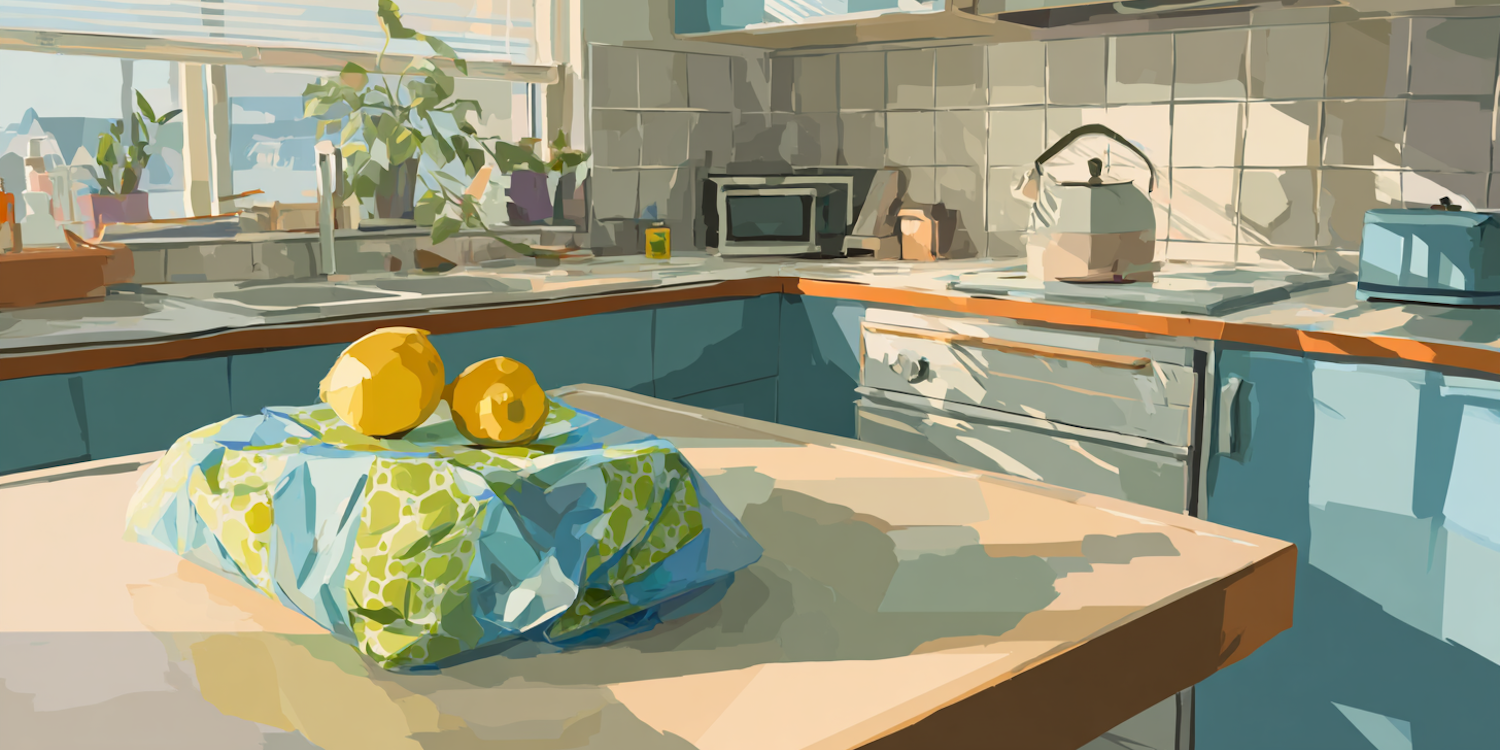Recycling is one of the easiest and most actionable ways to do good for the planet. In fact, about 90% of Americans support recycling, and a further 28% consider it their civic duty.
And it feels good, too – quick, easy, and impactful. In a society where our own impact can sometimes feel small and insignificant, putting that old milk carton in the recycling bin feels great.
But recycling isn’t as clear-cut as many of us think, and putting something in the recycling bin doesn’t necessarily mean it’ll get recycled. In fact, it can sometimes lead to less recycling. But why is that?
Well, that’s exactly what we’re digging into today. ‘Cause if you’re someone who loves to recycle… you might be a wishcycler.
What Is Wishcycling?
Wishcycling is exactly what it sounds like – the act of recycling things we wish could be recycled, even though they can’t. Some people also call it aspirational recycling, and let’s be honest – most of us have either done it, or still do it.
It could be that nagging guilt at the back of your mind, as you see yet another plastic package go into the trash bin. Somewhere just out of your sight, your pile of trash is growing by the day. But maybe… maybe this one can be recycled – better to try than send it straight to landfill, right?
It’s a bad habit for many of us – so internalized we don’t even reflect on it anymore. But it also comes down to plain ignorance and confusion. Because as straightforward as recycling seems, it actually has many pitfalls.
Wishcycling is the act of recycling things we wish could be recycled, even though they can’t.
For example, not all plastics can be recycled, and not all paper products either. But how do you know what goes in which bin? And should you recycle those greasy pizza boxes or not?
Wishcycling, of course, comes from a desire to do good. And yes – we do wish that everything could be recycled.
But despite the good intentions, wishcycling leads to huge problems in the recycling industry. Why, you ask?
Why Is Wishcycling Bad?
There are 3 main reasons why wishcycling is problematic:
1. Contaminates & Leads to Waste.
When you put items in the recycling bin that don’t belong there, they mix with things that are actually recyclable. And before the recycling process can begin, they have to be sorted out – a job either done by machines or manually on conveyor belts.
This causes massive delays in recycling facilities, and in turn, financial losses and long waiting times for incoming loads. And sadly, an increase in waste.
See, if a batch is too contaminated, sorting through it becomes too time-consuming and costly – or sometimes just not possible. Which means the entire load is sent to landfill... including all the items in there that could be recycled.
The same goes for food scraps – if they end up in your recycling bin, they can contaminate other items, as everything mixes together in the facilities. This means recyclable things that were clean to begin with have to be thrown away, too.
So, if you’re wish–cycling? You could be undoing all the work you’ve put into recycling in the first place.
2. Decreases Quality of Recycled Products
Some materials, such as glass and some metals, can be recycled infinitely. This means that even if you recycle them again and again, the recycled material comes out just as strong as the original one.
But other materials, like paper and plastic, slowly weaken each time they are recycled. This decreases the quality of the product each time until they are too frail to be recycled again. In the recycling world, this is what we refer to as downcycling.
And wishcycling can make materials downcycle quicker. For example, a napkin that’s soaked in oil before getting tossed in the recycling bin can cause big trouble, because oil repels the paper fiber. When mixed with non-soiled paper during the recycling process, the oil can cause holes in the new paper, rendering it useless.
3. Damages Machinery
There’s another reason certain items should be kept out of your recycling bin. Not only is recycling machinery complex and expensive – it can be sensitive to damage.
This can lead to more financial losses and delays, but that's not all – these machines can also be dangerous or difficult to repair, which further complicates things. Some items causing trouble are aerosol cans, tissues, film plastic, and ceramics, for example.
As you can tell, wishcycling can really wreak havoc on the recycling process. Financial losses, delays, more waste, and less safe working conditions... and all because of trash placed in the wrong bin.
Now, don’t let this deter you – recycling is not a waste of time. Many of the items you put into your recycling bin do see a second life. According to the EPA, about 75% of our waste is actually recyclable.
The difficult part, of course, is figuring out the remaining 25%. Which leads us on to…
How to Stop Wishcycling
If you want to stop wishcycling, you're in luck – it's not as daunting as it might seem. Here are a few easy steps you can take:
Firstly, learn the basic dos and don’ts of recycling. Understanding what items should go where is a crucial step to stop your wishcycling, and once you start to learn, it’ll soon become second nature.
Pizza boxes, for example, are actually fine to recycle at some centers, even if they have a little bit of grease on them – so long as they aren't soaked and the food scraps have been removed. But plastic bags or shattered glass? Not so much.
Understanding what items should go where is a crucial step to stop your wishcycling.

When it comes to recycling, we're all unsure about different things. Luckily, there are great resources out there that dig into the nitty-gritty of what can be recycled and not. If you want to start learning, two great places to get begin are WM and Recycle Right.
Secondly, once you've got the basics down, check your local recycling facility’s guidelines. All facilities don’t have the same machinery and capacity, so what they accept differs from community to community.
For example, not all plastics are recycled in the same way – and some are so difficult to recycle that they simply aren’t recycled. But, their so-called resin identification codes – that is, the small number inside the recycling symbol – specify what kind of plastic they're made from. Some plastics require specialist equipment, and your local center might not take them.
On the other hand, there might be specialist centers in your area that focus on hard-to-recycle items. If you’re curious what’s available close to you, at Earth911 you can type in your zip code and the item you’re wanting to recycle, to see a list of centers near you – easy peasy.
According to the EPA, about 75% of our waste is actually recyclable.
Lastly, once you know that something can go in the recycling bin, here's the cardinal rule: rinse, dry, and put it in the right bin. Food scraps are one of the most common and detrimental contaminators in recycling – and yet, so easy to avoid.
And we know it hurts, but if a recyclable item is too soiled by food… in the trash it goes. As counter-productive as it might feel, sometimes the best thing you can do for the planet is to not recycle an item.
And there you are! We hope this post gave you some helpful tips to help you recycle better going forward. Will you break the habit of wishcycling in 2022? Tell us in the comments below!
Psst… On a mission to do more good? Learn all about Upcycling here!

